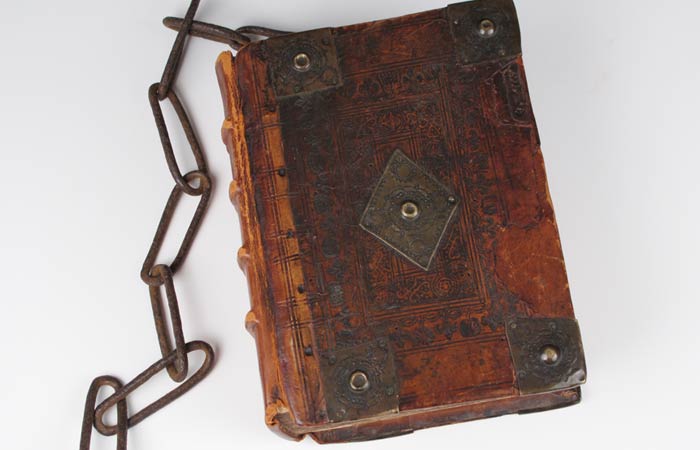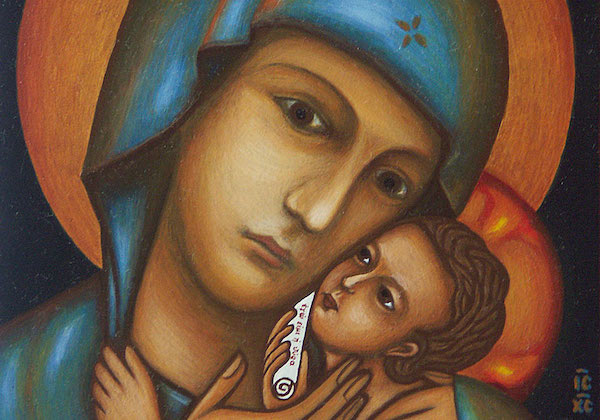Quick Apology: You don’t believe in Thor, do you?
Up until now, all of the “Quick Apology” posts have dealt with Catholic-Protestant disputes. Today I would like to address a Theist-Atheist issue. I wrote this post several weeks ago, but I heard this specific objection was just a few days ago…
Objection
Probably as a result of the writings of the “New Atheists”, I’ve heard with increasing regularity the statement:
“You don’t believe in Thor do you? You’re almost an atheist – I just believe in one less god than you”
Response
The suggestion here is that Christians are, in fact, basically atheists since they don’t believe in the gods of other religions. The atheist is just like the Christian except that she rejects the Christian God as well.
There’s the suggestion that, since Thor doesn’t exist, then neither does the God of Abraham, Isaac and Jacob. However, this doesn’t really follow, does it? After all, does the existence of counterfeit money mean that real money doesn’t exist? I hope not, otherwise I’ve worked 40 hours this week for nothing! Does the existence of counterfeit love mean that real love doesn’t exist? The recently dumped may think so, but I think generally we can agree that counterfeit love doesn’t disprove real love.
So, in conclusion, the non-existence of Thor has no bearing on the existence of Yahweh. The evidence for each must be weighed independently…



